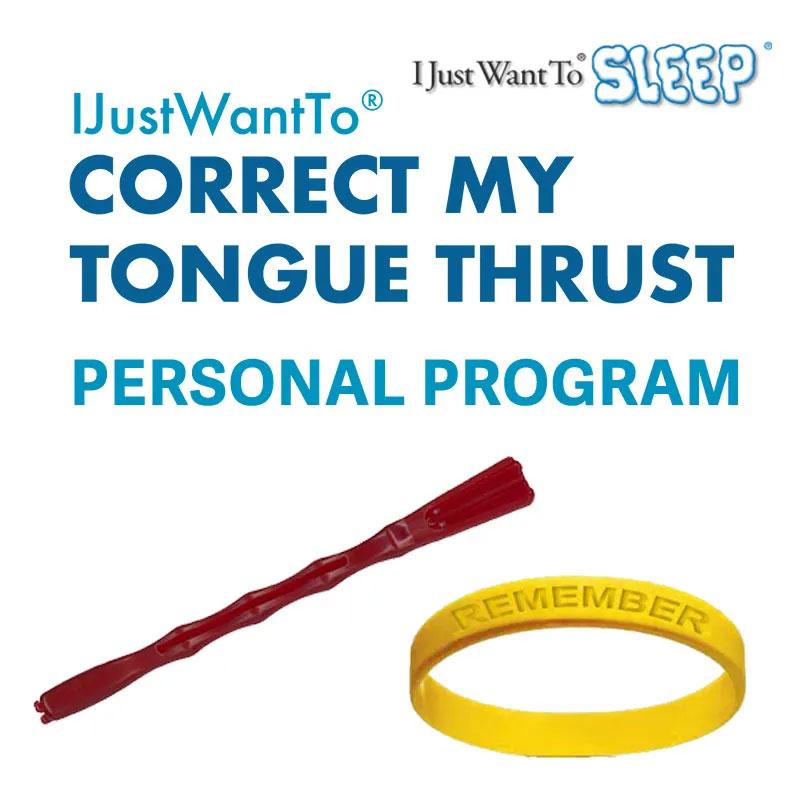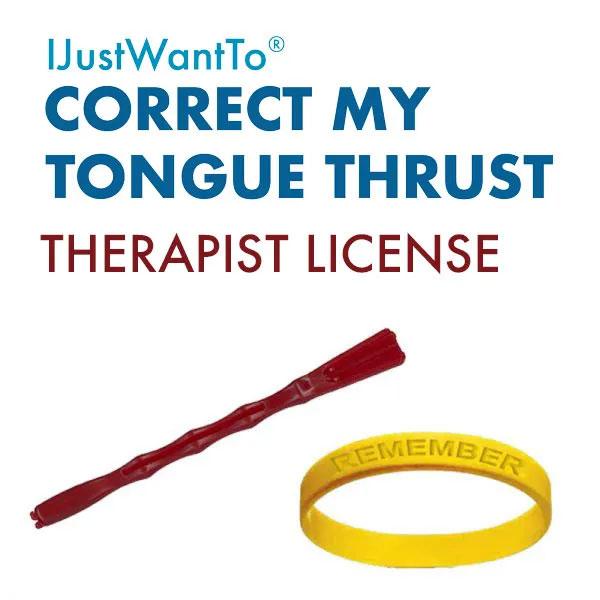Is your child's snoring affecting their sleep and daily life? You're not alone. Research shows that 12% of children between ages 1-9 experience habitual snoring, which can impact their health, behavior, and academic success. This practical guide will show you how to help your child stop snoring using proven, natural methods.
Why Your Child's Snoring Matters
Research reveals significant impacts of childhood snoring:
- 4x more likely to struggle in school
- Increased risk of behavioral issues
- Daytime sleepiness and fatigue
- Difficulty concentrating
- Morning headaches
- Mood changes
Signs Your Child Needs Help
Watch for these indicators:
- Loud or regular snoring
- Mouth breathing during sleep
- Morning tiredness
- Difficulty waking up
- Behavioral changes
- Academic struggles
- Daytime sleepiness
Success Story: A Parent's Experience
"My son had become quite a snorer... we started him on the exercises and 3 weeks into the program he had the snoring under control. Like my son, I found about 3 weeks of exercises was all I needed to bring it under control." - Cathy, Parent
Proven Solutions That Work
1. Professional Program Results
Clinical studies show:
- 94% success rate
- Improvements within 3 weeks
- Lasting results with maintenance
- No devices or medications needed
2. Exercise-Based Approach
Key components include:
- Tongue positioning training
- Breathing exercises
- Muscle strengthening
- Proper swallowing techniques
Step-by-Step Action Plan
Week 1-2:
- Begin basic exercises
- Establish daily routine
- Track sleep patterns
- Note initial changes
Week 3-4:
- Advance to intermediate exercises
- Monitor improvements
- Adjust techniques as needed
- Record progress
Week 5-7:
- Master advanced exercises
- Solidify proper habits
- Maintain consistent practice
- Document results
Parent Success Tips
- Make Exercises Fun
- Turn practice into games
- Use positive reinforcement
- Create progress charts
- Celebrate improvements
- Establish Routine
- Morning exercises (5 minutes)
- Evening practice (5 minutes)
- Consistent bedtime
- Regular check-ins
- Track Progress
- Keep sleep diary
- Note behavioral changes
- Monitor academic performance
- Record exercise completion
Real Results from Real Families
"Because of your treatment, he is sleeping better, concentrating better in school and is just generally a happier little boy." - Marjorie G., mother of an 8-year-old
Supporting Your Child's Success
Daily Checklist
- Morning exercises completed
- Evening practice done
- Proper breathing reminders
- Positive reinforcement given
- Progress noted
Weekly Goals
- Consistent exercise completion
- Sleep quality improvement
- Behavior monitoring
- Progress assessment
- Technique refinement
Professional Insights
Dr. George Ibrahim, M.D. reports: "School performance, mood, and energy levels have all improved with them sleeping so much better every night. Results were drastic and quickly seen."
Important Progress Markers
Look for improvements in:
- Sleep Quality
- Quieter sleep
- Less movement
- Better rest
- Daily Function
- Easier wake-ups
- Better mood
- Improved focus
- More energy
- Overall Well-being
- Enhanced academic performance
- Better behavior
- Increased confidence
- Improved health
Common Questions Answered
Q: How long until we see results? A: Most children show improvement within 3 weeks.
Q: Is this suitable for all ages? A: The program is designed for children 8 and older.
Q: Will results last? A: Yes, with proper completion and maintenance.
Getting Started Guide
- Initial Steps:
- Professional evaluation
- Program orientation
- Exercise learning
- Schedule setting
- Implementation:
- Daily practice
- Progress tracking
- Routine establishment
- Regular monitoring
- Maintenance:
- Ongoing exercises
- Position awareness
- Breathing habits
- Regular check-ups
Purchase Online and Start Today!
Conclusion
Helping your child stop snoring is achievable with the right approach, consistency, and support. By following this action guide and maintaining regular practice, you can help your child achieve better sleep and improve their overall well-being.
[Note: This guide is educational. Always consult healthcare providers for proper evaluation of sleep disorders in children.]

